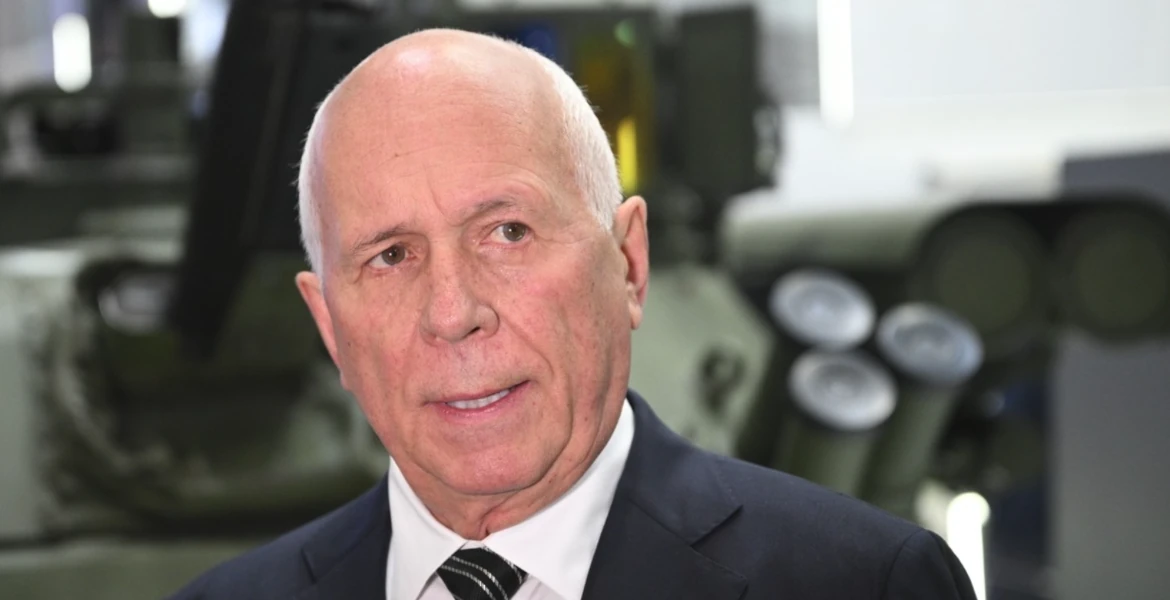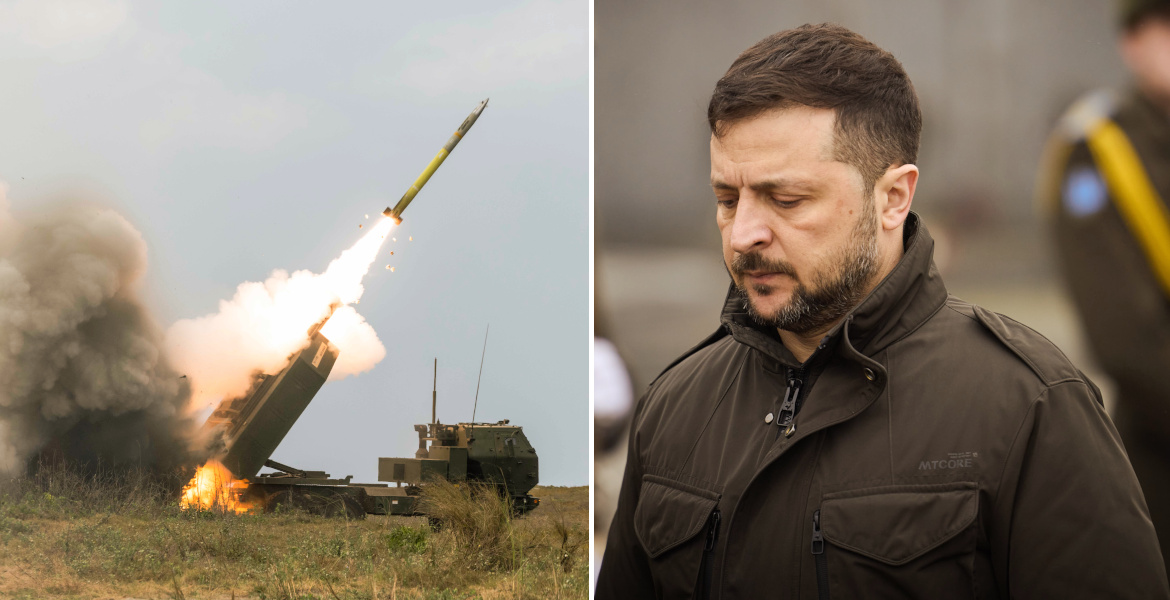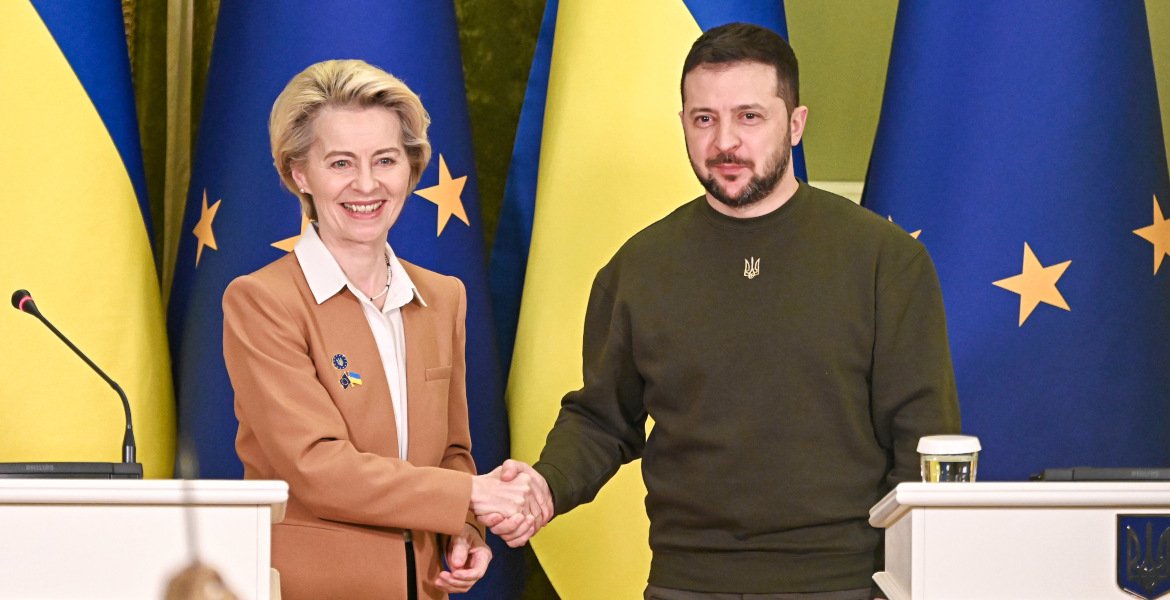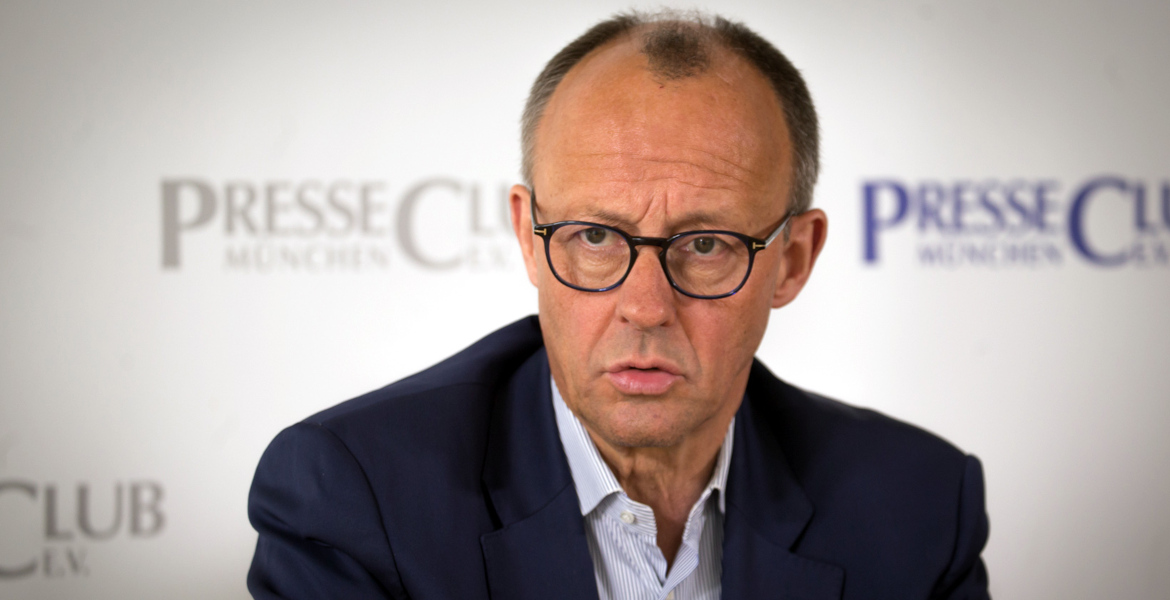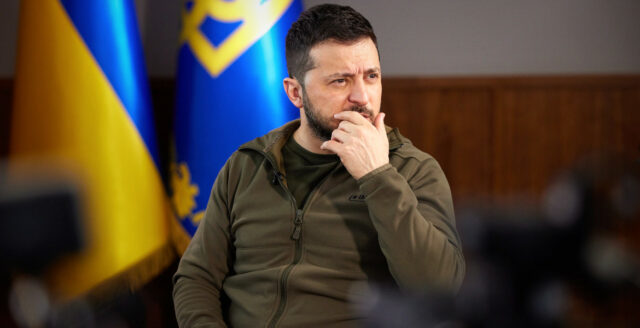Although there were two terrorist attacks in Russia yesterday, only the incident in the Russian republic of Dagestan, where two churches and a synagogue were attacked, killing at least 15 policemen, a priest and a church guard, and injuring many others, has received media coverage.
Yesterday's deadly Ukrainian cluster munition attack on a crowded beach in Russia's Sevastopol has been overshadowed, and the Pentagon has refused to comment.
The Ukrainian attack, carried out with US-supplied ATACMS missiles, killed at least four people, including two young children, and injured some 151, according to local officials. Four missiles were intercepted by air defenses, while a fifth deviated from its final trajectory and detonated its cluster warhead over the crowded Black Sea beach.
When Ria Novosti newspaper asked the Pentagon about the use of US weapons in Sunday's attack, an official replied, "we have seen these messages and have nothing to say".
The rocket attack was captured on a video that surfaced online, purporting to show the moment the long-range rocket armed with cluster munitions exploded in mid-air. The video shows people on the beach in an area called Uchkuevka in the northern part of the port city. Some of the visitors on the crowded beach can be seen looking to the sky, while others can be seen running in panic to find shelter as the sound of an exploding rocket can be heard in the clip. According to Oleg Komarov, the head of Sevastopol's emergency services, people on the seafront were hit the hardest as pieces of cluster munitions flew towards the beach from the sea.
According to the latest estimates, 151 people were injured in the attack, including 27 children who are being treated in a Sevastopol hospital, six of them in serious condition.
5 people, including 3 children, killed and 124 civilians were injured as a result of the Ukrainian Armed Forces attack on Sevastopol.
Russian MOD: Today at 12.15, a terrorist missile strike by five U.S.-made ATACMS operational-tactical missiles equipped by cluster warheads was… pic.twitter.com/d7Jali9gzv
— Russian Embassy, UK (@RussianEmbassy) June 23, 2024
Cluster bombs are illegal and targeting civilians is a war crime, but in the West the establishment is silent. Had the roles been reversed, however, the condemnations would have been in full force, while Zelenskyj would have been promised even more support in the ongoing proxy war.
But since when do the lives of civilians matter to the ruling elite? Money, power and control are what matter most to them, and history shows this in the various wars they have started around the world.
US Republican politician Marjorie Taylor Greene has openly condemned the attack, writing on X that there should not be attacks like the one carried out on Sunday by ATACMS missiles against civilians in Sevastopol.
"This should not happen. Imagine Russia using a Russian satellite to fire cluster munitions at a beach in Florida. The only border our U.S. military should be defending is our own, and the Constitution requires the federal government to defend the states".
The newcomer Sweden, as a new NATO member and DCA partner of the US, of course has nothing to say and would never have thought of criticizing Washington even when we had so-called "neutral status", so we do what we do best - fall in line and do as we are told.


